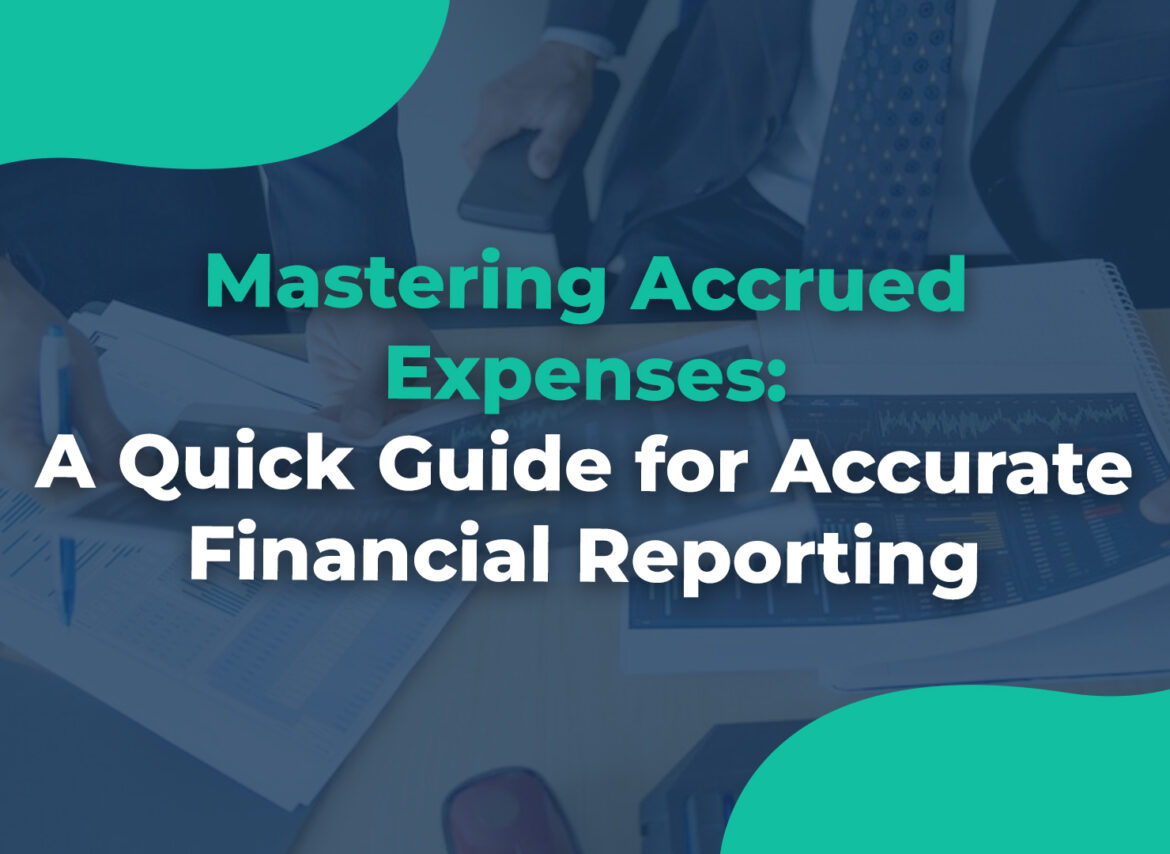What Are Accrued Expenses?
Accrued expenses are costs a company has incurred but has not paid or recorded by the end of an accounting period. Under the accrual basis of accounting, expenses are recognized when they are incurred, not paid. This approach provides a more accurate representation of a company’s financial performance.Why Accrued Expenses Matter
Accurate Financial Reporting:
- Matching Principle: Accrued expenses help align costs with the revenues they generate, offering a clearer picture of financial performance.
- Expense Recognition: Ensures that expenses are recorded in the period they occur, providing an accurate view of profitability.
Effective Budgeting and Forecasting:
- Cash Flow Management: Knowing your accrued expenses helps forecast cash flows and manage liquidity more effectively.
- Financial Planning: Accurate expense recording supports better budgeting and financial planning.
Planning and Managing Accrued Expenses
Track Accrued Expenses:
- Maintain Records: Keep thorough records of all accrued expenses, including dates, amounts, and descriptions.
- Regular Reviews: Regularly update and review accrued expenses to ensure they are complete and accurate.
Adjusting Entries:
- End-of-Period Adjustments: Make necessary adjustments at the end of each accounting period to record expenses incurred but not yet invoiced or paid.
- Reconcile Accounts: Regularly reconcile accrued expense accounts with actual invoices and payments to ensure accuracy.
Forecasting and Budgeting:
- Estimate Future Expenses: Use historical data and trends to estimate future accrued expenses, improving your budgeting process.
- Monitor Trends: Monitor changes in accrued expenses to identify patterns and adjust financial forecasts as needed.
Internal Controls:
- Approval Processes: Implement strict approval processes for recording and paying accrued expenses to prevent errors and fraud.
- Audit Trails: Maintain detailed records for all accrued expenses to support internal and external audits.







